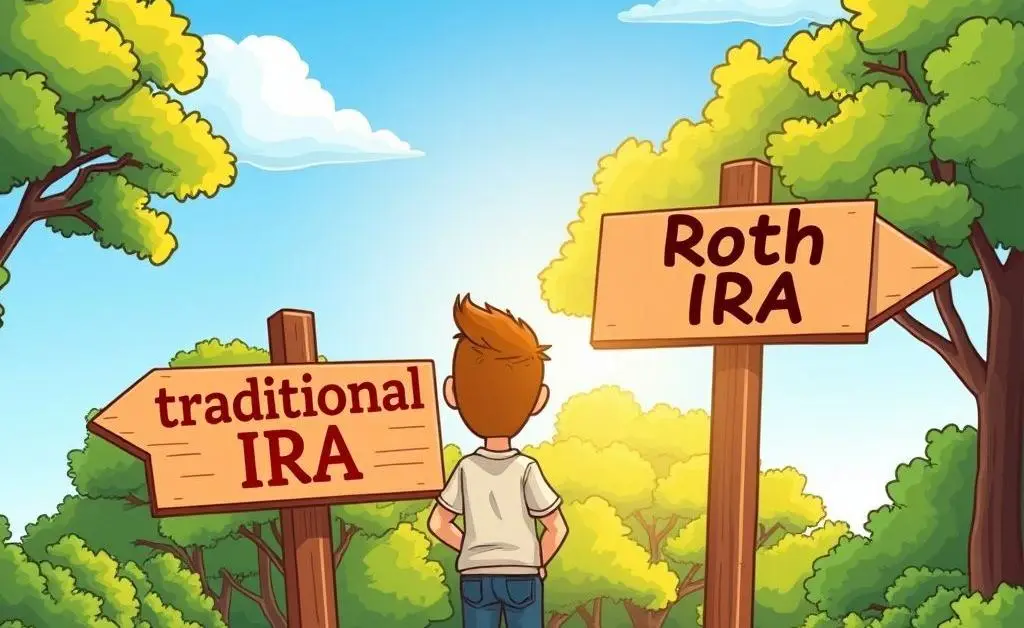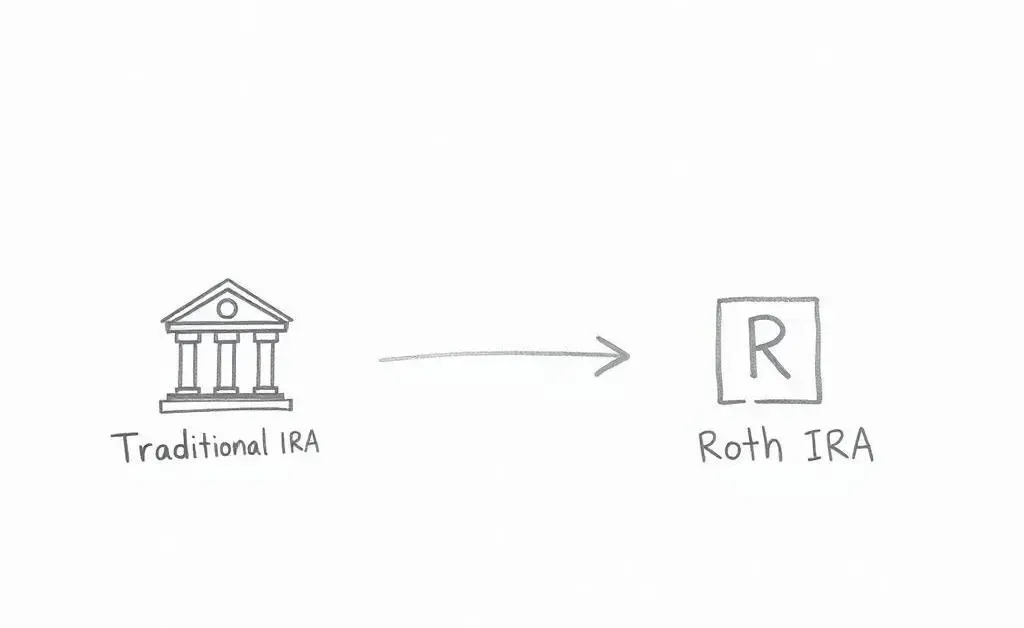How to Decide If Converting Your Traditional IRA to a Roth is Right for You
Explore practical tips on converting your Traditional IRA to a Roth effortlessly.

Ever wondered if converting your Traditional IRA to a Roth IRA could be the financial pivot you need? It's a common question for many planning their financial future, especially with the curious decisions involved.
Embarking on this financial journey is like experiencing a thrilling novel's plot twist—but instead of heroes and villains, it's taxes and investments. By the end of this post, you'll have a clearer picture of whether this conversion suits your unique financial story.
Why Consider Converting?
So, why would anyone want to convert a Traditional IRA to a Roth IRA? Here are some reasons to ponder:
- Tax-Free Growth: Contributions to a Roth IRA grow tax-free, which might be beneficial in the long run.
- Withdrawals in Retirement: With a Roth IRA, qualified withdrawals are tax-free, allowing you to bask in the fruits of your patience.
- No Required Minimum Distributions (RMDs): Unlike Traditional IRAs, Roth IRAs free you from RMDs, offering more control over your funds.
However, like any good story, there's a catch; you'll pay taxes on the converted amount. This means plotting your financial course carefully to avoid unwanted surprises.

Personal Anecdote: Learning from Experience
Let's take a gentle detour into a fictional yet familiar tale: imagine Sam, a careful planner with a knack for details. A few years back, Sam opted for a Roth conversion, thinking it was a flawless decision. Upon realizing a hefty tax bill arrived the next tax season, Sam felt the pinch but soon appreciated the tax-free growth potential that followed.
The takeaway is: a calculated move after understanding your tax brackets and long-term plans is crucial. Sam learned this lesson and now reaps the benefits of tax-free retirement withdrawals.

Deciding If It's Right for You
Determining whether a Roth conversion fits your scenario hinges on several factors: Age, Current Tax Rate, and Expected Future Rate. If you expect your retirement tax rate to be higher than the current rate, a conversion might be a savvy choice.
Other scenarios include wanting to maximize estate plans, where Roth IRAs can serve as an effective tool, or simply seeking more flexible withdrawal options.

Your Financial Path Forward
As you navigate this decision, consider your financial goals and consult with a financial advisor. They might unveil possibilities you haven’t yet envisioned.
What dream does your future retirement hold, and how do you plan to get there? Could a Roth conversion be your next step towards financial peace?




